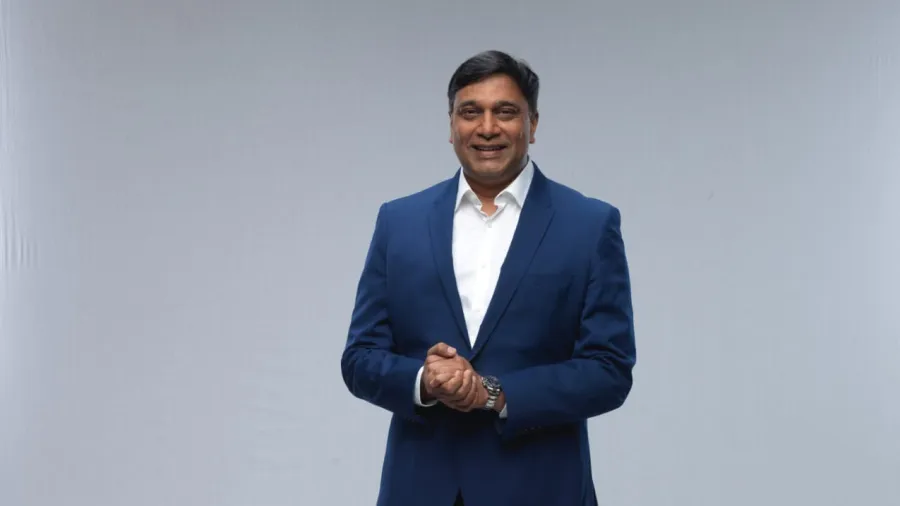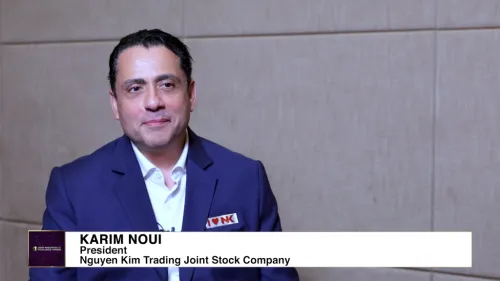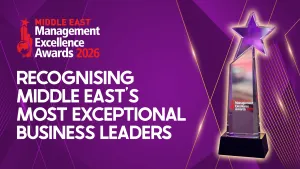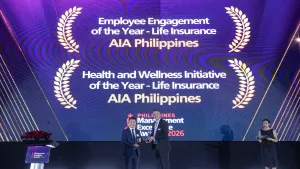
Indosat converts clients’ waste into mobile credits
The company has helped cut carbon emissions by 1.5 metric tons over two years.
Indosat Ooredoo Hutchison has collected 23,000 plastic bottles from customers under a reward program that converts their waste into mobile load credits.
The Indonesian telecommunication company’s waste-for-credit initiative, which started in 2022, has helped collect 437 kilos of plastic waste, reducing carbon emissions by 1.5 metric tons.
“For us, this initiative is about more than just collecting plastic — it’s about empowering our customers,” Vikram Sinha, president-director and CEO at Indosat, said in an emailed reply to questions.
“We wanted to give something back to the communities we serve while encouraging eco-friendly behaviour. By turning waste into a resource, we’re helping people stay connected and making a tangible impact on the environment,” he added.
The program has rewarded 1,032 Indosat clients who have collectively received Rp14m ($890) worth of mobile credits in exchange for their plastic waste.
“In underserved areas, the economic benefits of [the program] are clear,” Vikram said. “It’s an innovative solution to both environmental and economic challenges. We are proud to help these communities reduce their communication costs while empowering them to contribute to a more sustainable future.”
At the core of the program is the use of reverse vending machines (RVM) where people can deposit their plastic bottles in exchange for mobile credits. The first machine was launched in Bogor, and since then, it has expanded to 10 key locations across Indonesia, including Semarang, Medan, Makassar, and Mandalika, where high-profile events like MotoGP Mandalika 2024 have highlighted its importance.
“The response from our customers has been overwhelming,” Vikram said. “The simplicity and effectiveness of the RVM technology have made it easy for people to participate. It’s not just about technology; it’s about creating a seamless experience where customers feel they are part of something bigger, something that makes a difference.”
Vikram said they are tracking every milestone of the program — from the amount of plastics collected to the reduction in carbon emissions. “These numbers tell a story of how small, individual actions can lead to significant environmental and social change. The success of this program is a testament to the power of collective effort.”
He said Indosat plans to roll out more reverse vending machines in more cities across the country under the program, which is a critical part of its long-term ESG (environmental, social and governance) strategy — one that will continue to evolve as new technologies and community needs emerge.
“Our mission is clear,” Vikram said. “To empower, to innovate, and to create value — not just for our shareholders, but for our customers and the planet. We are proud of what we’ve achieved so far, but there’s so much more to come.”
















 Advertise
Advertise







